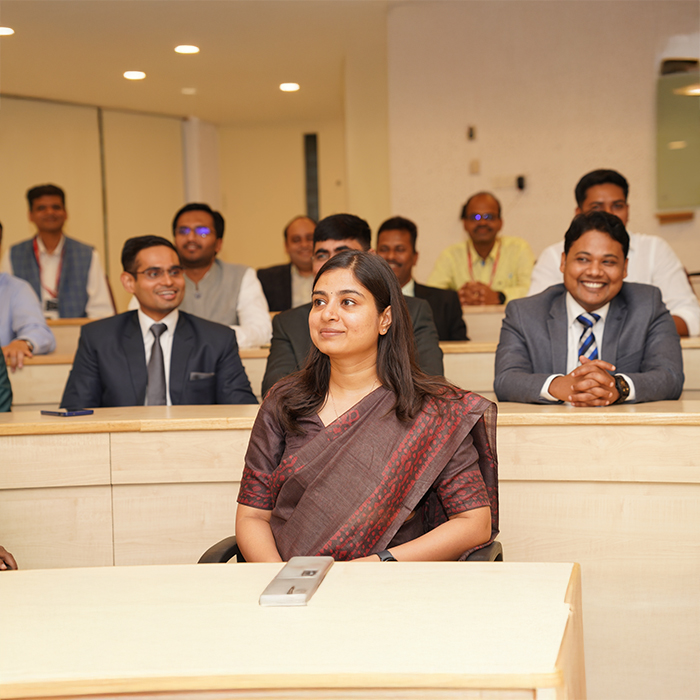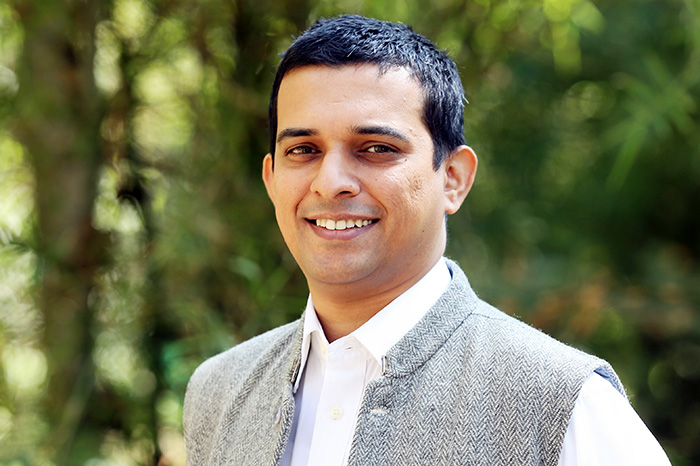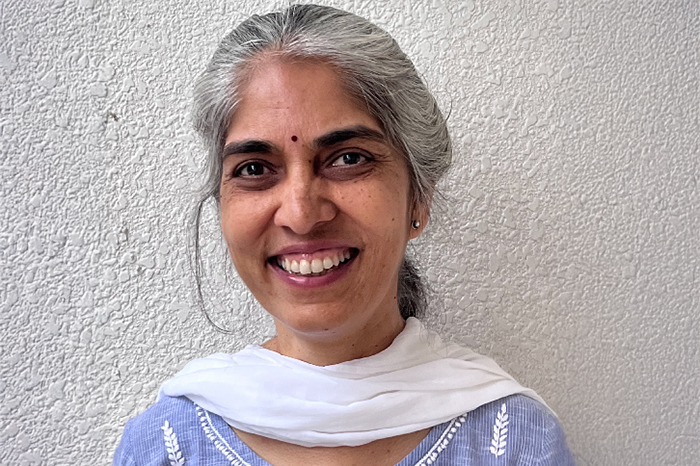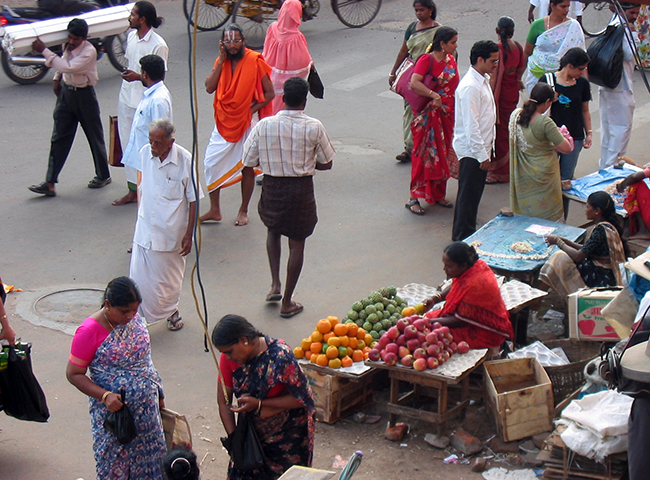DEGREE GRANTING PROGRAMMES
Doctoral Programme
It focuses on research in public policy analysis, design, process and management. Doctoral-level courses cover research that spans a wide range of sectors and policy areas, both nationally and internationally. Coursework includes analytical methods and tools of research, policy analysis, public administration and law, microeconomics, organizational theory, public and institutional economics. This is in addition to the large number of elective courses offered by faculty. Faculties have expertise and competence to guide research in areas such as public management, health policy, environment, agriculture and rural development, industrial policy, human resources development, infrastructure, regulation, democracy and decentralization, public service delivery, urban governance, public finance and policy modeling.
For further details, please visit: https://www.iimb.ac.in/programmes/doctoral-programme

Master of Manegment Studies (Public Policy) (MMS(PPP)
It aims at strengthening the public policy and managerial skills of future leaders and senior managers from the civil services; and professionals from social, infrastructure and private sectors. Liberalization has blurred the boundary between the public and private as more sectors like infrastructure, utilities and services have got opened up. Private-Public Partnership (PPP) is the new name of the game. It is a unique programme, where professionals from Government and non-government sectors come together in a classroom. It was started to fulfil the need for an educational programme in public policy in India for government officers. It was extended to open candidates in 2008. Considerable synergies exist among private and public sectors, and we expect the classroom experience to enable cross-learning. It proposes to attract overseas participants from the current year, and has added another dimension to the learning experience.
For further details, please visit: https://www.iimb.ac.in/programmes/pgppm
CEPT-CPP Summer School on The Everyday City

Prof. Arnab Mukherji

Prof. Kiran Keswani
CEPT-CPP Summer School on The Everyday City at the Center for Public Policy, IIM Bangalore from 10th to 25th June 2016 Coordinators: Prof. Arnab Mukherji and Kiran Keswani
In India, as in other parts of the world, some of the physical development of the city is influenced by the everyday practices of its people. The urban spaces are continually transformed by social, cultural, religious, political, economic and other practices. Currently, these practices intermingle with each other and with the streets of the city in a random manner. The formal plan finds it difficult to account for these everyday practices due to their changing nature and because they have not been sufficiently documented or analysed.
The key question that the summer school on The Everyday City asked was: How can we bring about small changes in our perception and that of others through documenting ‘how people use streets on an everyday basis’? It introduced participants to techniques of observing, recording and representing these informal spaces in order to see and value what often gets left out of planning. The urban practices that were documented during the workshop were analysed through brain-storming sessions as well as discussions on key policy issues that emerged.
The CEPT-CPP Summer School was a collaborative effort between CEPT University, Ahmedabad and the Center for Public Policy, IIM-B and was held at the IIM Bangalore campus from 10th to 25th June 2016. The course faculty were Arnab Mukherji, Faculty & Chairperson, and Center for Public Policy and Kiran Keswani, Architect & Urban designer. The Guest faculty were A.Srivathsan, Faculty & Academic Director, CEPT University and Navdeep Mathur, Faculty, Public systems group, IIM Ahmedabad. Outlined below are summaries of the group projects:
A study of formal and informal vendors at Church Street and Brigade Road. This project attempted to understand the behavioural pattern, social relationships and the everyday negotiations between the formal and informal vendors on Church Street and Brigade road in Bangalore. The data collection included activity mapping, interviewing the vendors and representing the data through sketches & maps. The study found that there are pani-puri wallahs, dholak wallahs and vendors selling fashion accessories in front of the high-end branded showrooms and that the two vendor groups both compliment and compete with each other. Thus, formality and informality are found to co-exist whilst vendors serve different economic groups in the city.
Group participants: Aarshi Agrawal, Akansha Tiwari & Krupanshi Jha
A study of the footpath along the IIM wall facing Bannerghatta road
This study looked at the everyday activities along the footpath abutting the boundary wall of the IIMB campus. It found that in the morning people walk along it on their way to the post office housed within the campus, or to the temple abutting it whilst others use the public toilet that abuts it. During the afternoon, it is used for parking by cab and auto-rickshaw drivers and during the night it is occupied by buses that bring commuters to the call centers and IT offices on Bannerghatta road. It found that the street edge works as an everyday space and concluded that a transition space needs to be designed between the public and private realms that is both functionally and aesthetically better.
Group participants: Chirag Manek, Mehar Kochhar, Riddhi Dama & Swati Samantray
Negotiations due to appropriation of space during RamzanM
This study looked at the ‘Samosa mela’ that takes place every year during the month of Ramzan in the Shivajinagar neighbourhood. Samosas are sold in large numbers at various locations, sometimes encroaching upon footpath space and resulting in spatial negotiations between samosa vendors, pedestrians and vehicles. The study found that the Samosa mela has faced resistance from residents of the neighbourhood due to issues of waste disposal, parking and traffic congestion. Despite the problems, there seems to be strong support for the Mela from both residents and visitors to the area.Thus, a strange relation of illegal yet legitimate activity is generated where the vendors, the public and the governing authorities understand the importance of the Mela and adapt themselves to the changes it brings to the neighbourhood.
Group participants:Akshata Bhandiwad, Suyash Bhardway & Drashti Amin
Street bazaar as a model of collaborative governance
This study focused on how the street along the Russell market building in Shivajinagar makes a transition from being a place for tomato auctions in the morning, to a vegetable & fruit bazaar later in the day and a space for paid parking. The study asked two questions: 1. What are the lines of overlap between formality and informality? And 2. How does collaborative governance influence the market? It conducted interviews with both vendors and users finding that there were both informal and formal frameworks that seemed to help sustain the bazaar. It concluded that within what is termed as “Informality” exists a formality which is often not visible.
Group participants:Haeli Mehta, Riya Chadha & Nivedha Sarathy


